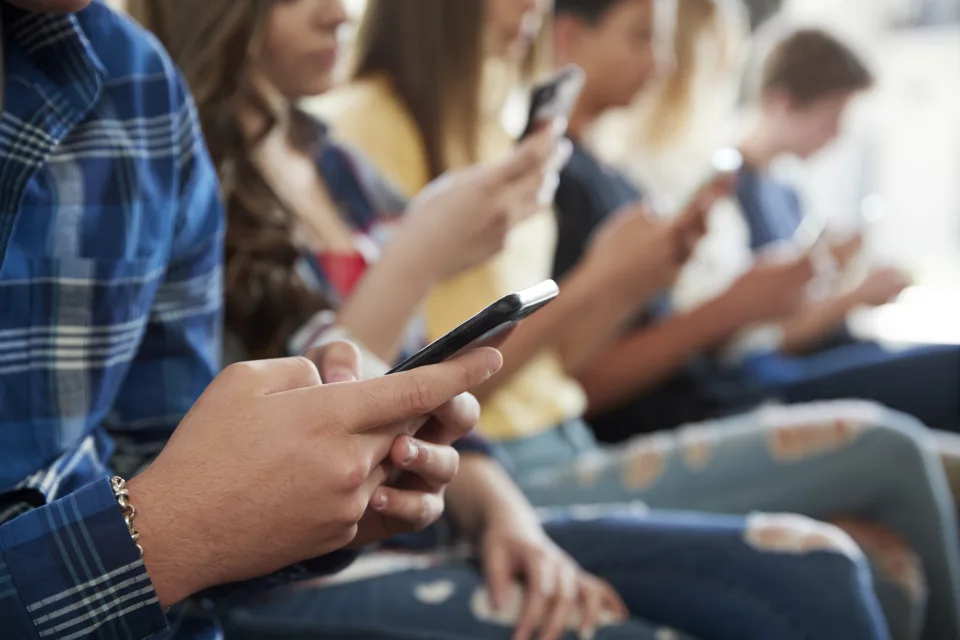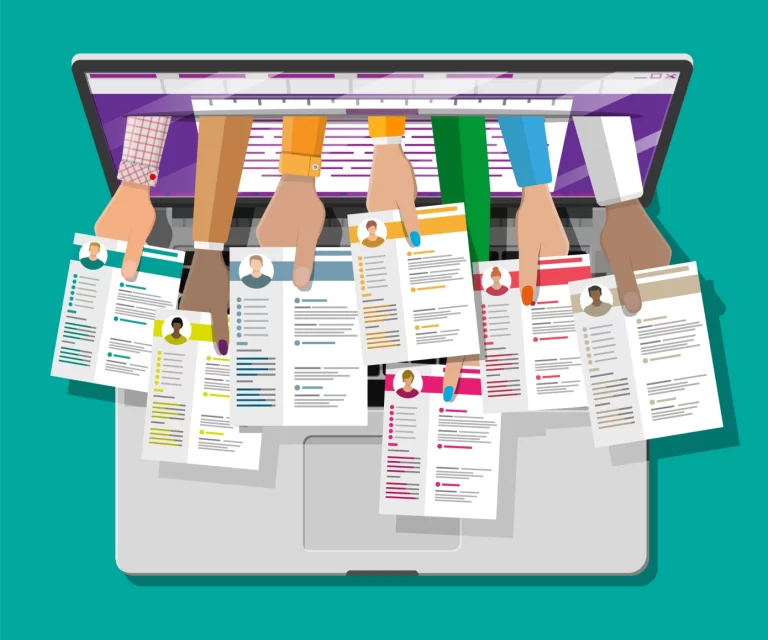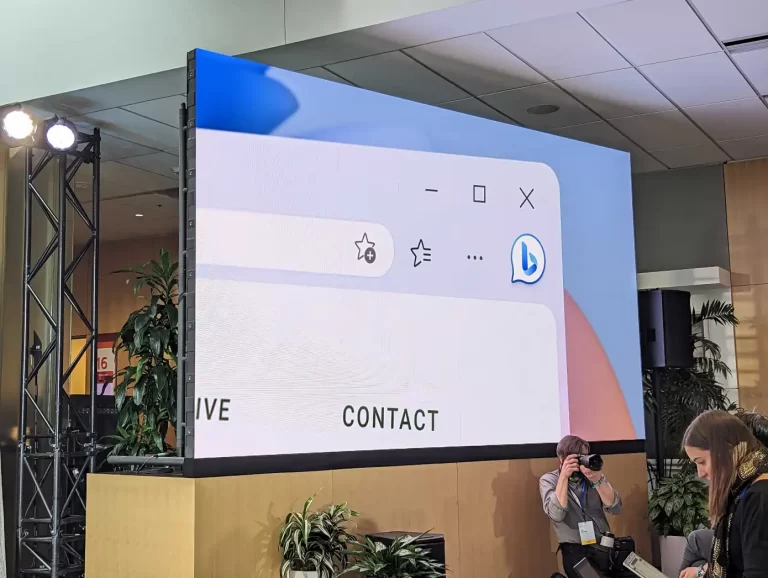Google is giving teens around the world access to its Bard AI chatbot
By Mariella Moon – Nov 16, 2023
A version of this article was first published on Engadget
In September, Google opened its AI-powered search experience to teens in the US, giving them access to richer results with additional information and links. Now, the company has also given teens in most countries around the world access to its Bard AI chatbot, as long as their language is set to English and they meet the minimum age needed to be able to manage their own Google account. Take note that the minimum age requirement differs across countries, but it’s anywhere from 13 to 16 years old.
Google says teens can ask Bard for writing tips, such as how to write a class president speech, for suggestions on what universities to apply to, as well as for help on coming up with science fair project ideas. In other words, questions kids their age are likely to Google. The company is also adding a math learning experience, so teen users can type in a math question or upload a photo of it, and the chatbot can show them its step-by-step solution.
Similar to when it opened Search Generative Experience (SGE) to minors, Google says it put “appropriate safeguards” in place. The company trained Bard to recognize inappropriate content for younger users, so that it wouldn’t return any illegal or age-gated responses.
In addition, Bard will automatically run its double-check response feature when a teen user asks their first fact-based question, because they might not be aware of a common phenomenon called “hallucination” in LLMs. When a generative AI chatbot is hallucinating, it means it’s giving nonsensical and inaccurate responses. Google says it will soon run double-check, which means returning Google results for a question, for all new Bard users in the future. For teens, it will keep recommending the use of double-check even after their first question “to help them develop information literacy and critical thinking skills.”
Finally, Google has designed an onboarding process especially for younger teens, including showing them the video embedded below.







